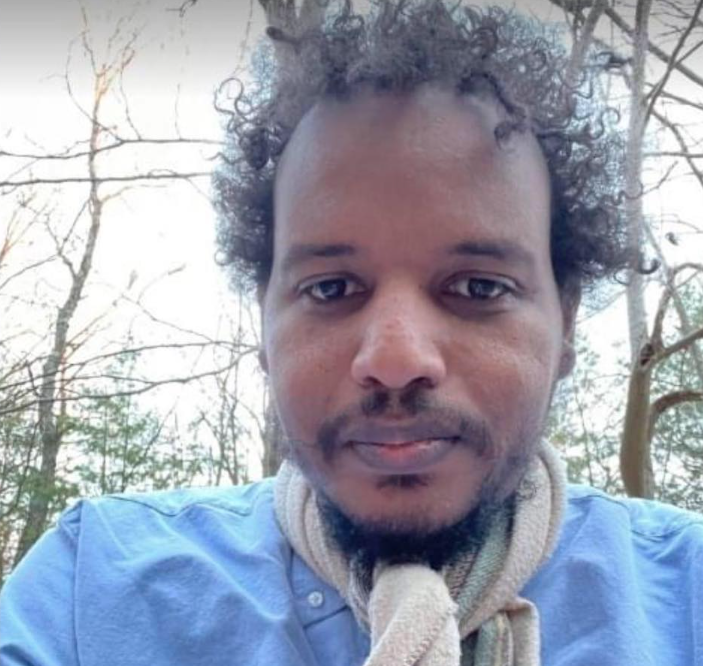Last week, the U.S. determined that Sudan used chemical weapons during the ongoing War and, as a consequence, decided to place sanctions on it pursuant to the Biological Weapons Control and Warfare Elimination Act of 1991. These sanctions, scheduled to commence on 6 June, encompass limitations on American exports to Sudan and the elimination of access to US government credit lines. There is, however, a serious flaw in the procedure given the absence of verified evidence of chemical weapons usage by the Sudanese Armed Forces (SAF). This shortcoming has rendered the US decision unfair and counterproductive.
The war in Sudan began in April 2023 between the SAF and the Rapid Support Forces (RSF) militia. The conflict’s impact has been devastating on multiple levels. Millions of people have been displaced, both internally within Sudan and to neighboring countries, while thousands have been killed. The war has also caused massive destruction to buildings and infrastructure throughout the country. These combined effects have led the United Nations to declare the Sudan’s situation as the worst humanitarian crisis on the planet.
The Organization of Prohibition of Chemical Weapons ( OPCW), of which Sudan is a member of its executive committee, has a rigorous fact finding process that includes requesting clarification from any state of possible breaches and sending experts for inspection on the ground and finally sharing the report with the public. In the current case of Sudan this never took place; the only available information is a new report by The New York Times that references four US officials speaking under the condition of anonymity of the Sudanese army using these weapons.
READ: Sudan announces arrest of 4,000 collaborators with RSF
Another report by a recently formed local organisation, with no disclosure of its funding, claiming that chemical weapons were used in Khartoum and Darfur by the army. Significantly, they have not provided a single shred of evidence. In a similar case, another organisation shared a photo of a grenade launcher made by the China North Industries Group Corporation Limited (Norinco), claiming it was used by Sudanese soldiers with the banned sulfur mustard gas before starting a battle in Khartoum. An independent news platform debunked this photo and showed the weapon could not be used to launch chemical weapons.
There is also a reason to question the veracity of these allegations, which is that the US has a long history of carrying out hostile actions against Sudan based on unverified claims about chemical weapons. For example, in 1998, the US launched airstrikes on a pharmaceutical factory in Sudan, alleging that it was producing chemical substances used in illegal weapons manufacturing. However, no solid evidence was ever presented to support these accusations.
READ: Sudan’s army declares Khartoum ‘completely free’ of paramilitary RSF
Following the sanctions decisions, the RSF militia seized the opportunity and launched a disinformation campaign falsely claiming that several international organisations have identified mounting evidence of prohibited weapons used by the Sudanese army; yet no reports were cited.
It is hard to overlook the influence of the UAE— the RSF militia’s main sponsor and a key military and financial partner of the US—in shaping this decision. As the Sudanese army gains significant ground on the battlefield, it is in the UAE’s interest to undermine its reputation and leverage its connections to diminish its power.
In the interest of peace and regional stability, the US government is obliged to reconsider its decision and recognise that it may be complicating the situation and making it harder to find an exit from this War. It should not push Sudan toward greater international isolation by recklessly promoting narratives that are not based on solid facts. On the contrary, it should support efforts for a political settlement that respects the national sovereignty, independence and territorial integrity of Sudan.
OPINION: The UAE should stop its violations of the UN arms embargo in Darfur
The views expressed in this article belong to the author and do not necessarily reflect the editorial policy of Middle East Monitor.

![People take to the streets of Port Sudan to celebrate the taking the capital Khartoum by the army from the paramilitary Rapid Support Forces, on March 26, 2025. [Ebrahim HAMID / AFP/ Getty Images]](https://i0.wp.com/www.middleeastmonitor.com/wp-content/uploads/2025/03/GettyImages-2206457943.jpg?fit=920%2C613&ssl=1)







